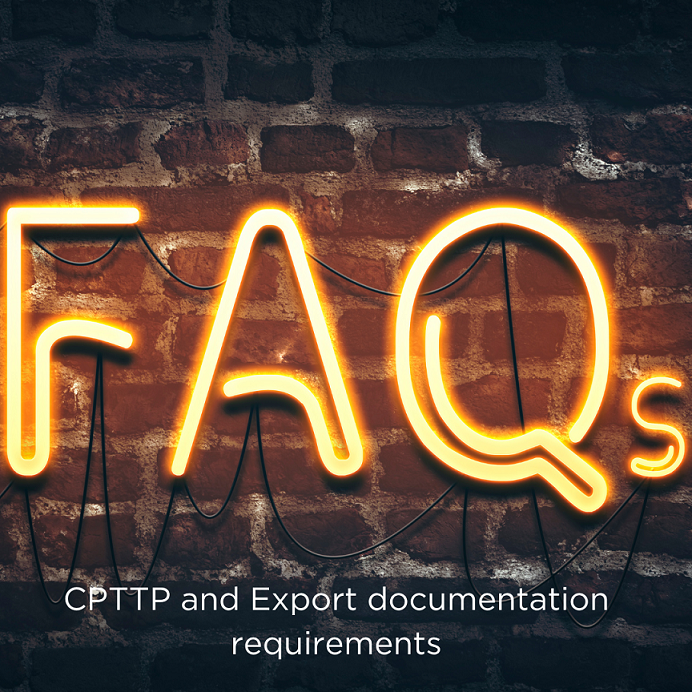
An EUR.1, also known as a 'movement certificate,' allows importers in specific countries to benefit from reduced or zero import duties under trade agreements between the UK and partner countries and was introduced under EU trade agreements to certify that goods shipped from a country met the rules of preferential origin outlined in the agreement.
In 2023, the UK Government announced that it had concluded negotiation to join the CPTPP (Comprehensive and Progressive Agreement for Trans-Pacific Partnership). CPTPP is a Treaty incorporating, by reference, the provisions of the original Trans-Pacific Partnership (TPP). It is a free trade agreement that was signed on 8 March 2018 in Santiago, Chile including 11 original signatories such as: Australia, Brunei Darussalam, Canada, Chile, Japan, Malaysia, Mexico, New Zealand, Peru, Singapore, Vietnam. A big win as this will help increase trade and investment links with these markets.
On the 17th May, the UK Government announced that it had ratified the terms of the agreements to join the CPTPP, however, it does not come into force until at least seven countries have ratified it too and therefore it is expected that the CPTTP will come into force at the end of 2024.
Since this announcement, we have had a few exporters asking whether they need an EUR1 when exporting to some of the countries, such as Chile, now that the CPTTP has been ratified. However, as mentioned above, until the agreement is ratified by all participating countries, traders must continue to trade with these markets as they are now. In the case of Chile, EUR1s are still a requirement.
Doing an EUR1 or UK Certificate of Origin for the first time or need a refresher?
- Why not joint our upcoming course in UK CERTIFICATES OF ORIGIN & UK EUR1 MOVEMENT CERTIFICATE STEP-BY-STEP WORKSHOP on 11th JULY. The course is designed for beginners or experienced exporters looking to refresh their knowledge.
- Need a one-to-one session with our team to go over your application? Or need help doing these forms on your behalf? Email our team at international@gmchamber.co.uk or call us at 0161 393 4314 to find out how we can help.

